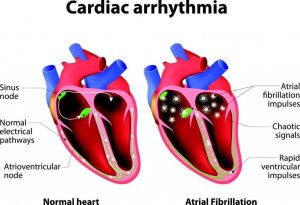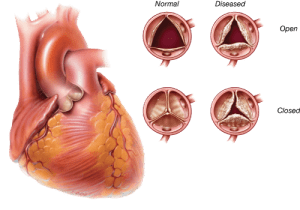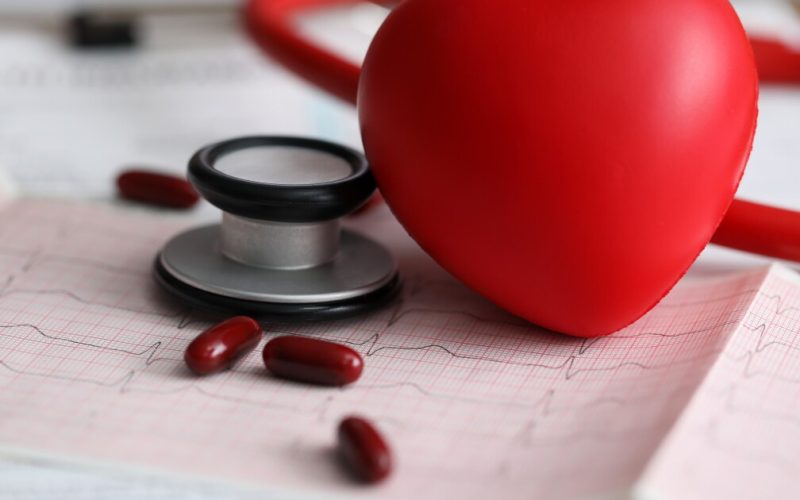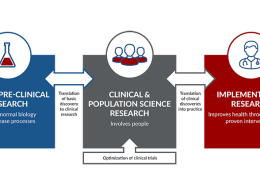Introduction
The Common Heart, a vital organ in our body, can face various challenges leading to different types of heart diseases. Understanding these conditions, their symptoms, and treatment options is crucial for maintaining heart health.
Coronary Artery Disease (CAD)
Coronary Artery Disease (CAD) stands as the most prevalent heart problem globally, affecting millions of people. It is characterized by the accumulation of plaque, mainly cholesterol and other substances, in the coronary arteries, leading to blockages.
Symptoms:
- Angina (chest pain)
- Shortness of breath
- Fatigue
- Heart attack (myocardial infarction)
Causes and Risk Factors: CAD often starts with atherosclerosis, a condition commonly known as hardening of the arteries. Various risk factors include age, inactivity, diabetes, family history, genetics, high blood pressure, high cholesterol levels, obesity, smoking, and stress.
Treatment Options: The treatment approach varies based on the severity of CAD. Lifestyle changes, including a heart-healthy diet, regular exercise, and medication, play a crucial role. In more severe cases, surgical interventions such as angioplasty or coronary artery bypass grafting (CABG) may be necessary.
Heart Arrhythmias
Heart arrhythmias refer to irregular heartbeats, where the heart may beat too fast, too slow, or with an irregular rhythm. These abnormalities can occur independently or result from other heart issues.
Symptoms:
- Palpitations
- Dizziness or lightheadedness
- Fainting (syncope)
- Chest discomfort
Causes: While serious arrhythmias may develop from other heart problems, they can also manifest independently.
Treatment Options: Treatment may involve medications to control heart rhythm, medical procedures such as catheter ablation, or the implantation of a pacemaker or defibrillator in severe cases.

Heart Failure: When Your Heart Misses a Beat
Heart failure occurs when the heart cannot pump blood effectively to meet the body’s needs. It can result from various conditions, including coronary artery disease, high blood pressure, thyroid disease, and cardiomyopathy.
Symptoms:
- Shortness of breath
- Fatigue
- Swelling in the legs and abdomen
- Persistent coughing or wheezing
Causes: Coronary artery disease is a leading cause of heart failure, along with other contributing factors such as high blood pressure, thyroid disease, and cardiomyopathy.
Treatment Options: Treatment involves addressing the underlying causes, managing symptoms with medication, and making lifestyle changes. In severe cases, heart transplantation may be considered.
Heart Valve Disease
The heart has four valves that open and close to regulate blood flow. Heart valve disease occurs when these valves don’t function correctly, leading to issues such as blockage or leakage of blood flow.
Symptoms:
- Shortness of breath
- Chest pain or discomfort
- Fatigue
- Irregular heartbeat
Causes: Infections (endocarditis), rheumatic fever, congenital heart disease, high blood pressure, and coronary artery disease can contribute to heart valve problems.
Treatment Options: Treatment may involve medications to manage symptoms or surgical interventions, including valve repair or replacement.

Pericardial Disease
Pericardial disease encompasses conditions affecting the pericardium, the sac surrounding the heart. Pericarditis, inflammation of the pericardium, is a common manifestation.
Symptoms:
- Chest pain
- Fever
- Shortness of breath
- Fatigue
Causes: Infections, inflammatory diseases such as lupus or rheumatoid arthritis, and injuries can lead to pericardial disease. It often follows open-heart surgery.
Treatment Options: Treatment depends on the cause and may involve medications to reduce inflammation or, in severe cases, drainage of fluid from the pericardial sac.
Cardiomyopathy
Cardiomyopathy refers to diseases affecting the heart muscle, leading to its stretching, thickening, or stiffening. Identifying the exact cause can be challenging.
Symptoms:
- Fatigue
- Shortness of breath
- Swelling in the legs and abdomen
- Irregular heartbeat
Causes: Genetic conditions, reactions to drugs or toxins, infections, and chemotherapy are among the potential causes of cardiomyopathy.
Treatment Options: Treatment focuses on managing symptoms, and in some cases, heart transplantation may be considered. Identifying and addressing the underlying cause is essential for effective management.
Congenital Heart Disease
Congenital heart disease arises during fetal heart development, leading to abnormalities that can manifest at birth or later in adulthood.
Symptoms:
- Varying symptoms, depending on the specific heart abnormality
- Some abnormalities may not present symptoms until adulthood
Causes: Abnormalities in fetal heart development are often responsible for congenital heart disease.
Treatment Options: Treatment depends on the specific abnormality and may involve procedures or surgeries to correct issues such as septal defects or pulmonary stenosis. explore more treatment for other health issues
Conclusion
Understanding the intricacies of different heart diseases empowers individuals to take proactive steps toward prevention and maintaining heart health. Regular check-ups, a heart-healthy lifestyle, and awareness of risk factors are vital components of a comprehensive approach to cardiovascular well-being.












